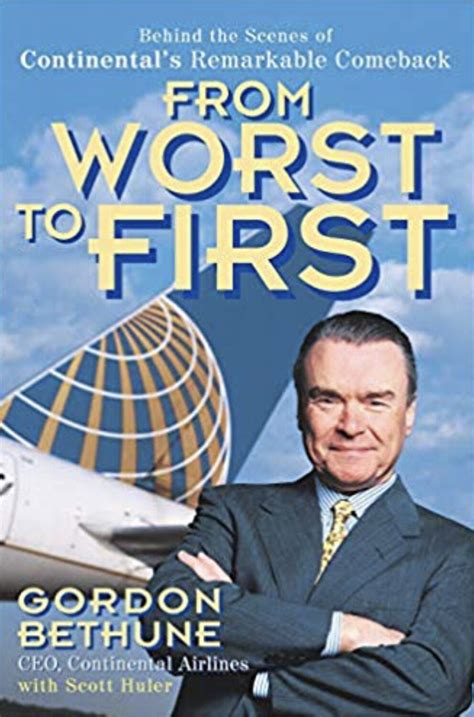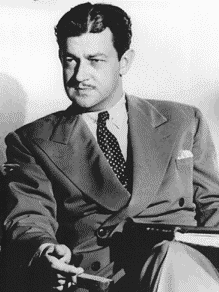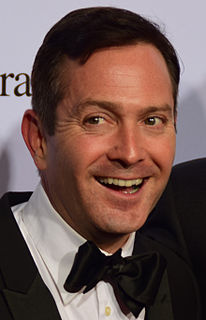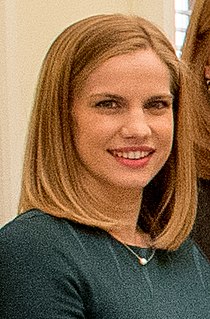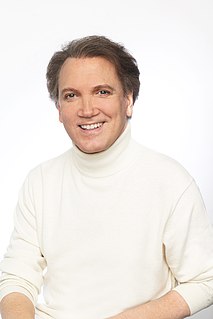A Quote by Lukas Foss
Mozart wrote so many works in his thirty-five years that it would take a lifetime just to write out the notes. We literally do not know how he did it.
Related Quotes
I have been told that a young would-be composer wrote to Mozart asking advice about how to compose a symphony. Mozart responded that a symphony was a complex and demanding form and it would be better to start with something simpler. The young man protested, 'But, Herr Mozart, you wrote symphonies when you were younger than I am now.' Mozart replied, 'I never asked how.
I used to feel for years and years and years that I was very remiss not to have written a novel and I would question people who wrote novels and try to find out how they did it and how they had got past page 30. Then, with the approach of old age, I began to just think: “Well, lucky I can do anything at all.
Ten years ago when I started out I was kind of told I was insane for trying to pursue multiple fields at once because in five years everyone who just did one would have five times the resume I would if I was lucky, but I took that gamble because I just my gut told me it was the right thing to do and you know as an actor there is so much downtime you want to fill it with something else and as a writer you know sometimes you're doing a passion project, sometimes it's a paid gig, sometimes there is nothing, so you can do a journalistic piece.
The first five years as a writer, I didn't know how to write at all. I couldn't write my way out of a white paper bag. And yet, I did some remarkable things. And later on, there were periods where I got this mission to find an articulate voice with rewrites and all. There were periods where I was as dense as Faulkner.
People have an affinity towards things, and you don't know where it comes from. Mozart wrote a symphony when he was four, so it's said; the theory is maybe because his father was a conductor, it happened in vitro, and he heard the music before he was born, and by the age of four he knew how to write music.
I took many notes, more than usual before I sat down and wrote Act One, Scene One. I had perhaps eighty pages of notes. . . . I was so prepared that the script seemed inevitable. It was almost all there. I could almost collate it from my notes. The story line, the rather tenuous plot we have, seemed to work out itself. It was a very helpful way to write, and it wasn't so scary. I wasn't starting with a completely blank page.
In my lifetime I was to write only one book, this would be the one. Just as the past Lingers in the present, all my writings after night, including those that deal with biblical, Talmudic, or Hasidic themes, profoundly bear it's stamp, and cannot be understood if one has not read this very first of my works. Why did I write it? Did I write it so as not to go mad or, on the contrary, to go mad in order to understand the nature of the madness, the immense, terrifying madness that had erupted in history and in the conscience of mankind?


